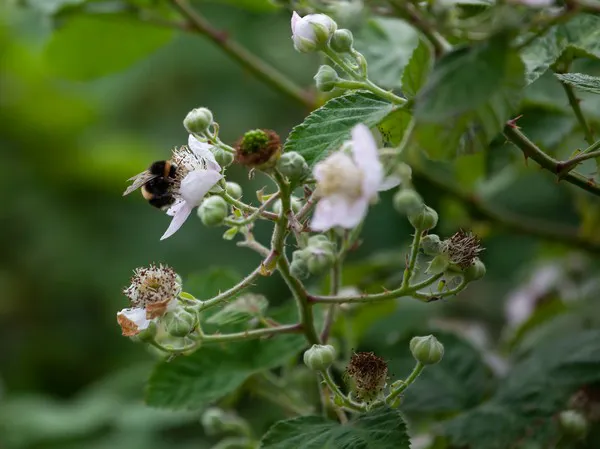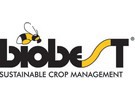Why use bumblebees in blackberry cultivation? Particularly in humid conditions, these diligent pollinators are very welcome. The reason being that excess pollen can be a breeding place for fungi in wet periods. By collecting all the pollen from the blackberry blossoms, bumblebees can play a key role in producing high-quality fruit.
Biobest advisor Jurgen Bouveroux specializes in crop pollination and advises many soft fruit growers, producing strawberries, raspberries, and blackberries from early spring through to late autumn - often in tunnels.

"Blackberries distinguish themselves from other berries by the copious amounts of pollen the flowers produce," he explains. "In wet periods, I recommend deploying bumblebees. Highly effective pollinators, they collect all the pollen so that nothing is left behind."
Finding the right balance
In wet conditions, Jurgen advises growers to install one Standard Hive per 500 m2. "In drier periods, fewer bumblebees are needed as over-pollination is also undesirable," he explains. "It is all about finding the right balance. At Biobest, we provide tailor-made advice to ensure growers deliver higher volumes of larger, high-quality fruit throughout the season."
For more information:  Biobest Group NV
Biobest Group NV
T: +32 14 25 79 80
info@biobestgroup.com
www.biobestgroup.com
